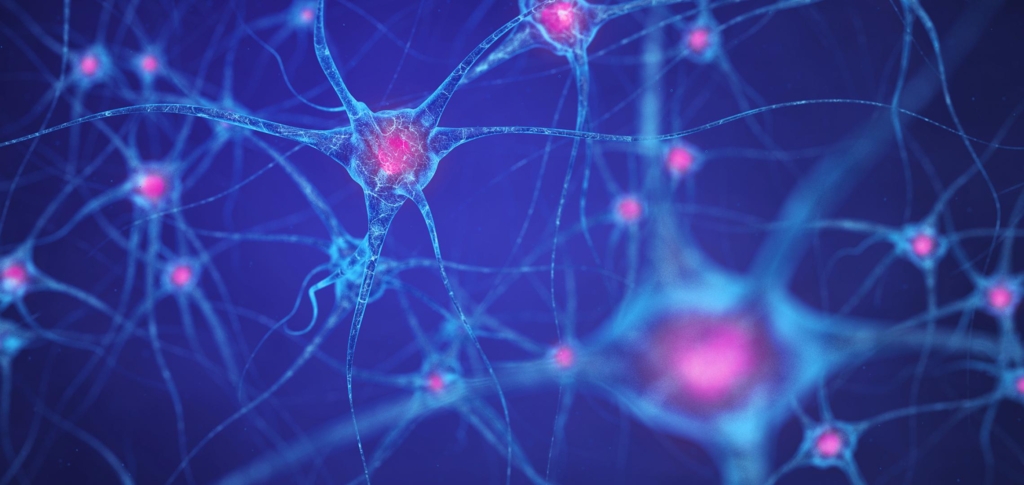
Baylor research reveals a unique neural signature for depression
As parents, teachers and pet owners can attest, rewards play a huge role in shaping behaviors in humans and animals. Rewards—whether as edible treats, gifts, words of appreciation or praise, fame or monetary benefit—act as positive reinforcement for the associated behavior. Baylor College of Medicine research is uncovering the neural process underlying this correlation between reward and behavior, with possible application for using these neural signals for innovative new treatments for depression.
A recent study, led by McNair Scholar and Cullen Foundation Endowed Chair Sameer Sheth, M.D., Ph.D., professor and vice chair of research in the Department of Neurosurgery at Baylor College of Medicine, identified neural activity in the anterior cingulate cortex (ACC) of the brain’s frontal lobe as the key neural signature underlying processes associated with recognizing rewards and determining subsequent choices and, thus, shaping future behaviors.
Furthermore, the study by Dr. Sheth and his team, published in Nature Communications, reports this neural signature is altered in patients with depression, opening an exciting possibility of using these neural signals as a new biomarker and a potential innovative avenue for therapy.
Individuals with depression often experience feelings of hopelessness, sadness or despair for prolonged periods due to disengagement and anhedonia – a medical term meaning loss of the ability to feel joy or contentment in activities and things that they once found pleasurable, all of which has a profound negative impact on their quality of life.
“In this study, we identified beta activity in the ACC as a potential biomarker for anhedonia,” said Sheth. “Such a biomarker could have many potential benefits, including improving diagnosis and monitoring symptoms of patients with severe depression and other anhedonia-related psychiatric conditions. Moreover, our findings present an exciting possibility that modulation of the ACC beta activity might be effective treatment anhedonia, a hypothesis we plan to test in future clinical trials.”
Read the full Baylor news story here.


